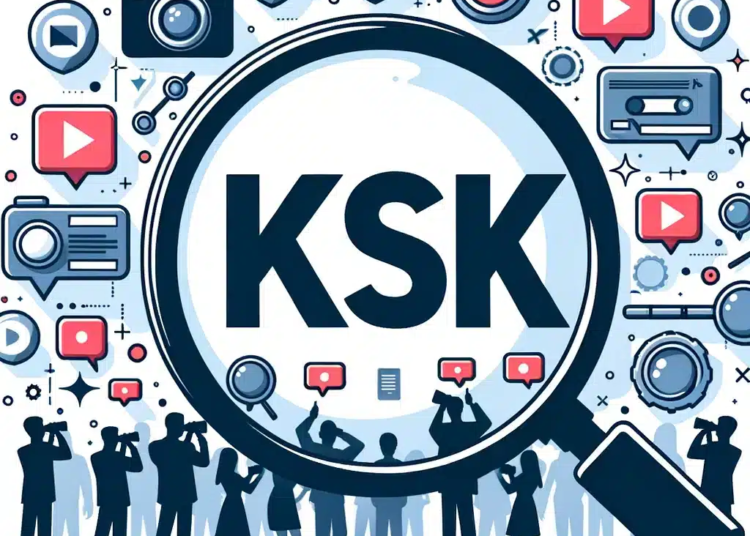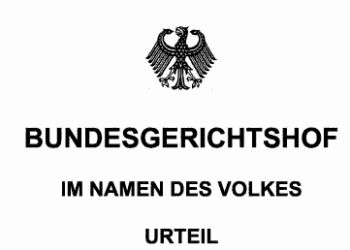Introduction
On this blog, we have already published a number of articles on the topic of influencers. Anyone interested in the various aspects of this exciting professional field will find what they are looking for using the search function. We would particularly like to highlight two articles that deal with the Künstlersozialkasse (KSK). These articles provide a deep dive into the topic and are a good foundation for today’s topic. Today we want to look specifically at which services that agencies or marketers pass on to influencers are subject to the KSK levy and which are not. This is a complex but important issue that affects both influencers and agencies.
Artistic performances vs. affiliate campaigns
Artistic performances
As a rule, artistic services are subject to KSK contributions. This includes, for example, the creation of videos, photos or other content formats that contain creative elements. If an agency commissions an influencer to create a video on a specific topic, this usually falls under the KSK levy. This means that the agency must pay a levy to the KSK in addition to the influencer’s fee. This levy serves the social security of the artist and is prescribed by law. It is important to understand that this levy not only supports the artist’s pension, health and long-term care insurance, but also helps to promote cultural heritage and creative diversity in Germany. Therefore, it is essential for agencies to be aware of which of their assignments could be considered artistic services in order to plan and budget accordingly.
Affiliate campaigns
This contrasts with affiliate campaigns, in which the influencer promotes products or services without providing any creative or artistic services. As a rule, such campaigns are not subject to KSK levies. This means that in this case the agency does not have to pay any additional levy to the KSK. However, it is important to carefully consider the nature of the campaign because gray areas exist and can lead to legal difficulties. For example, an influencer could present mainly a product in an affiliate campaign, but do so in a particularly creative or artistic way that could make the campaign subject to KSK tax after all. Therefore, it is critical for agencies and marketers to understand the exact nature of the services provided and to seek legal advice when in doubt. This way, they can ensure that they meet all legal obligations and do not incur unexpected costs.
Gray areas and pitfalls
However, there are also gray areas that require special attention. For example, an influencer might create a creative video as part of an affiliate campaign. In this case, it would have to be examined whether the creative portion is so high that the performance is to be classified as artistic. If this is the case, the service would be subject to KSK levy. It is therefore important to examine each individual case carefully in order to minimize legal risks. The line between pure affiliate advertising and an artistic work can be a fine one that is not always easy to navigate.
The challenge is that the criteria for what is considered “artistic” are not always clearly defined. The law provides limited guidance here, and interpretation may vary from case to case. This creates uncertainty that can be problematic for agencies and influencers. For example, an influencer might create a video that at first glance looks like a simple product launch, but adds an artistic dimension by incorporating music, special camera angles, or unique storytelling. In such cases, it could be argued that the work is more than simple advertising and therefore subject to KSK tax.
Another problem is that the KSK itself has a certain degree of discretion in assessing whether a performance is to be considered artistic or not. This means that even if an agency or influencer believes that a particular performance is not artistic, KSK might come to a different conclusion. This can lead to unexpected financial burdens and possible legal consequences.
In addition, technological development may further blur the boundaries of what is considered artistic. With advances in video production and social media, more complex and creative forms of advertising are becoming possible. What is considered simple advertising today could be considered an artistic achievement tomorrow, especially if new technologies such as virtual reality or artificial intelligence are integrated into the content.
It is also important to note that the KSK tax obligation may apply retroactively. This means that if an agency or influencer originally classified a performance as non-artistic, but it is later determined that it is, back payments could be due. This can be particularly problematic if the original contract between the agency and the Influencer does not contain clauses for such cases.
Practical tips
Agencies and marketers should therefore carefully check which services they pass on to influencers and whether these are subject to the KSK tax obligation. If in doubt, it is advisable to seek legal advice to avoid possible back payments and penalties. However, it is not only the legal side that requires attention. Internal documentation and accounting also play a crucial role. Careful record keeping can help keep track of all transactions and payments, which can be invaluable in the event of an audit by KSK.
Documentation is the key
It is advisable to put all contracts and agreements in writing and to document exactly which services have been provided. This can be of great advantage in the event of an audit by the KSK. In addition, it is important to document other aspects of the collaboration. For example, travel expenses and other non-artistic components of compensation are definitely not subject to levy. A clear separation and documentation of these items in the bookkeeping can help to calculate the duty correctly and to answer possible inquiries of the KSK efficiently.
Legal advice
Since the KSK levy obligation is a complex and often misunderstood topic, it is advisable to seek legal advice at an early stage. This can help avoid costly mistakes and potential legal consequences. An attorney can assist not only in drafting the contract, but also in identifying the various elements of compensation and services rendered that may not be subject to the KSK tax. This is particularly important because in the past the KSK has applied quite different interpretations of what counts as artistic performance.
Overall, it is critical for agencies and marketers to have both good contracts and careful documentation and record keeping. Together, these elements provide a solid foundation for navigating the complexities of KSK levy requirements and minimizing legal and financial risks.























